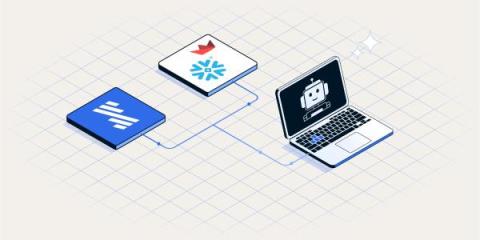Solving Memory Leaks in Node.js has Never Been Easier, Introducing the Latest Version of N|Solid
We are thrilled to announce the release of a new feature in N|Solid that includes sample heap profiling and heap objects observability for main processes and worker threads. N|Solid is known for its Node.js performance and security observability and diagnostic tools and best-in-class low overhead has completed a new innovation to hunt memory leaks in development and production environments. Memory is a precious resource in computing.











